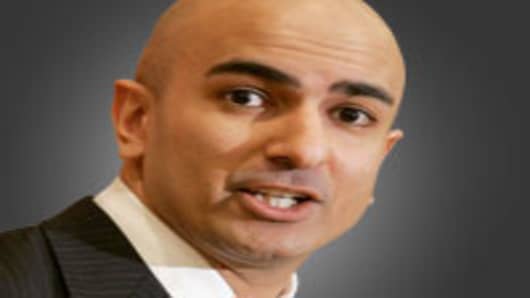Federal Reserve Chairman Ben Bernanke has left little doubt that a third round of massive bond purchases is in the works, yet more liquidity is unlikely to offset the economy's weakness, Pimco Managing Director Neel Kashkari told CNBC on Tuesday.
In the wake of Bernanke's hotly anticipated speech last week at Jackson Hole, Wyo., Kashkari — a former Treasury official who spearheaded the government's multibillion-dollar bailout efforts under former President George W. Bush — said more quantitative easing (learn more)is all but a certainty being priced into risk-sensitive asset markets. (Read More: Bernanke at Jackson Hole: No More Easing, for Now.)
"Chairman Bernanke laid out a compelling case of the Fed’s analysis of why [QE1 and QE2] have worked, why they’re still necessary and why the risks and costs are limited," Kashkari said. "From our perspective QE3 is a virtual certainty but … we don’t think that more liquidty is going to lead to long-term sustainable real economic growth.”


